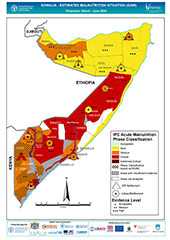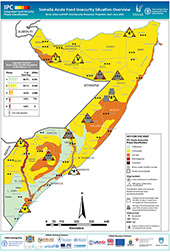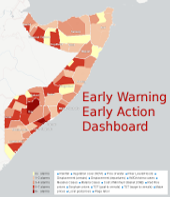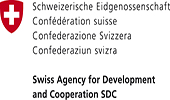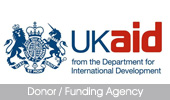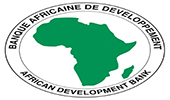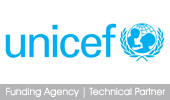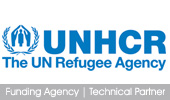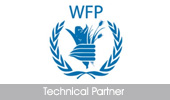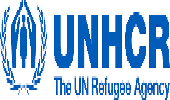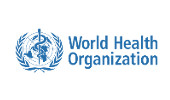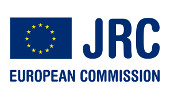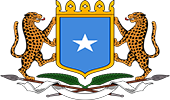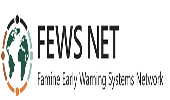FSNAU preliminary outlook for the first half of 2015 indicates only a slight improvement in the overall food security situation in Somalia
Issued: December 18, 2014
Based on the Food Security and Nutrition Analysis Unit’s (FSNAU) preliminary outlook, acute food insecurity is expected to persist in most parts of Somalia although slight improvements are expected, predominantly in pastoral and agropastoral areas of the country. Based on the Integrated Phase Classification (IPC) acute food insecurity severity scale, a modest decline in the overall number of people in Crisis (IPC Phase 3) and Emergency (IPC Phase 4) is expected in the first half of 2015. Most of the population in urban and rural livelihoods of the country is likely to be classified as Stressed (IPC Phase 2). However, some population groups in urban areas in the South affected by trade disruptions due to conflict as well as those in rural areas affected by floods or poor rains will be classified in Crisis (IPC Phase 3) or Emergency (IPC Phase 4). Internally Displaced Persons (IDP) are expected to remain the largest population group in acute food security crisis.
As a result of largely normal Deyr rains, near average to average crop production is expected in the main cereal producing regions of Lower Shabelle and Bay, which normally account for over two-thirds of the Deyr cereal production in southern Somalia. However, domestic cereal supply (from Gu/Karan and Deyr harvests) is expected to be below average as a result of below average Gu-Karan harvest in the Northwest (two-thirds of the normal levels) as well as anticipated shortfall in Deyr harvest in the regions of Juba, Middle Shabelle and Hiran. Normally, these regions jointly comprise about one-quarter of the Deyr cereal harvest in southern Somalia.
A short-term deterioration of food security conditions (through March/April 2015) is expected in riverine areas of Juba and Middle Shabelle due to floods, although this is likely to be mitigated by a modest improvement from off-season cereal and sesame production expected by March-April next year. Below normal rains in Hiran Agropastoral are likely to affect crop production in this livelihood but will not a have short-term impact on pasture resources, while livestock migration options towards pastoral and riverine areas are also available. Pasture and water shortages could be expected towards the end of Jilaal season (in March 2015) in pastoral parts of southern Gedo, Middle and Lower Juba and parts of Central due to below normal Deyr rainfall performance.
IDPs in major settlements of Somalia are expected to remain in food security crisis. The recent nutrition survey (December 2014) results revealed a sustained prevalence of Serious to Critical levels of acute malnutrition (Global Acute Malnutrition [GAM] >10%) in 10 out of 13 main IDP settlements. Critical levels (GAM >15%) of acute malnutrition are prevalent in five of the settlements, including Baidoa, Dolow, Bossaso, Garowe and Galkayo. While the total number of acutely malnourished children decreased seasonally by more than 18 percent compared to Gu 2014 season, it is significantly higher (by 31%) compared to Deyr 2013. IDPs comprise the moist vulnerable group of population in Somalia. Based on the United Nations High Commissioner for Refugees (UNHCR) data, over 20 000 IDPs have been evicted over the past three months, primarily from governmental buildings. More evictions are likely in the coming months, which will have implications on food security status of this population group. Based on the UNHCR data, insecurity caused a displacement of about 30 000 people since September 2014.
Trade disruptions due to prevailing insecurity sustained in some urban areas of Bakool, Bay, Hiran and Gedo regions where access roads remain under insurgent control. The Consumer Price Index (CPI), showed a relative stability in the cost of living in most urban areas in July-November 2014 period. Expected declines in cereal prices when the Deyr harvest enters the market (January-February) is likely to exert a downward pressure on the cost of living through March 2015. However, this could be compromised by deteriorating security conditions, particularly in southern parts of the country. Cereal price trends in the subsequent period (April-June 2015) will be influenced by such factors as the Gu 2015 rainfall performance, which is yet uncertain, as well as the extent of humanitarian relief interventions.
Continued humanitarian interventions are necessary at least up to the end of June 2015 to address prevailing acute food insecurity conditions and malnutrition in Somalia.
The brief can be accessed through the following FSNAU website link:-
http://www.fsnau.org/downloads/FSNAU-Quarterly-Brief-December-2014.pdf
For questions or further clarifications related to the technical release, you can contact us by sending an email to info@fsnau.org.
